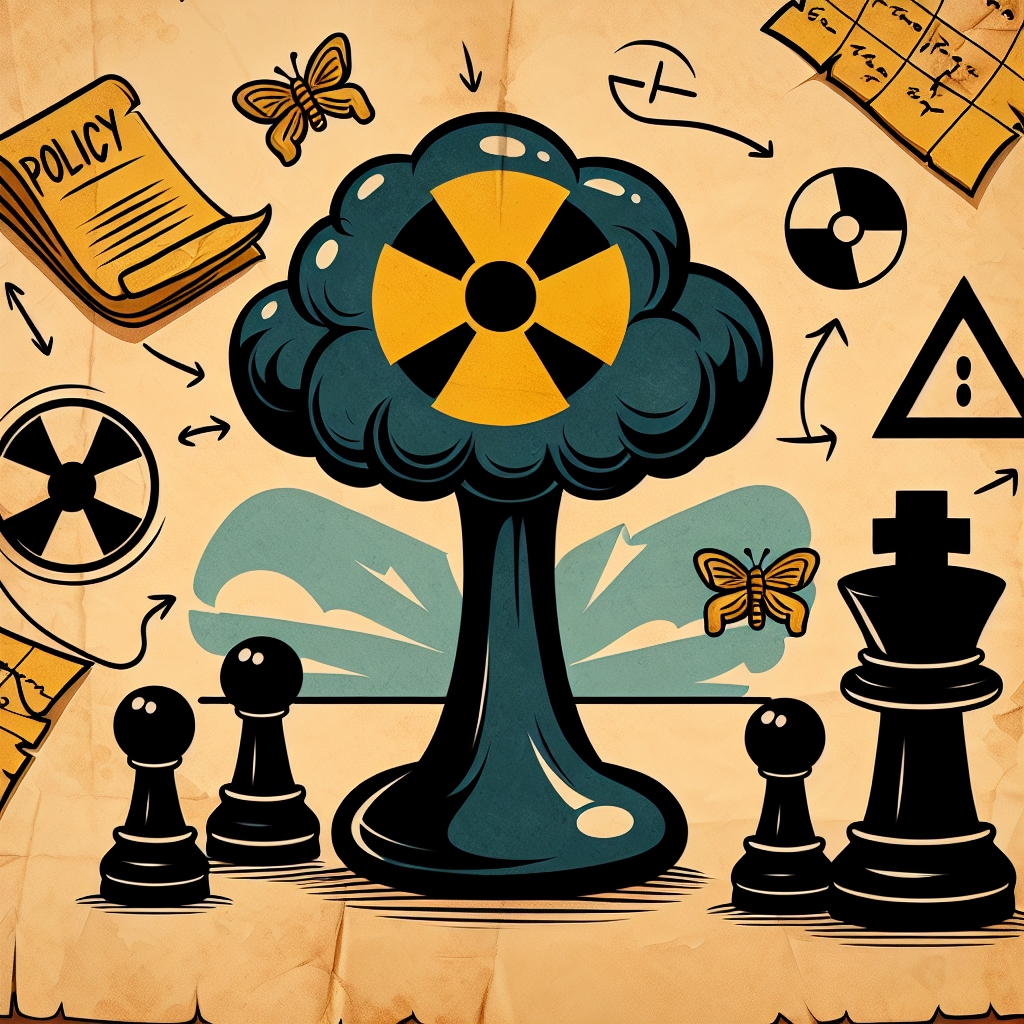Russia's Nuclear Doctrine Overhaul Sparks Global Tensions
Russian President Vladimir Putin has lowered the threshold for nuclear strikes in response to conventional attacks on Russia or Belarus, tightening global tensions. Moscow warns any aggression supported by nuclear powers could trigger retaliation, reminiscent of the Cuban Missile Crisis.

Russian President Vladimir Putin has approved a significant change to the country's nuclear doctrine, reducing the threshold for launching a nuclear strike in response to conventional military attacks on Russia or its ally Belarus. This crucial amendment follows reports that Ukraine has launched U.S. missiles into Russian territory, escalating the ongoing conflict.
The revised doctrine considers attacks by a non-nuclear state supported by a nuclear power as a joint aggression, which could lead to consequences for all NATO members involved. This shift comes as Moscow's forces make rapid advances in Ukraine, marking a potentially decisive phase in the war.
Analysts compare the current crisis to the 1962 Cuban Missile Crisis, highlighting the heightened risk of conflict between nuclear powers. The Kremlin emphasizes nuclear deterrence as a means of ensuring retaliation inevitability, signaling a bold stance against perceived Western provocations.
(With inputs from agencies.)
ALSO READ
Germany Rallies Support for Ukraine's Winter Survival Amid Intensified Attacks
Wave of Airstrikes Hits Kharkiv: Destruction and Resilience in Ukraine
Ukraine's Heroic Defense: Drone Warfare Takes Center Stage
Baerbock's Bold Stand: Germany's Continued Support for Ukraine Amid U.S. Election Uncertainty
Germany's Unwavering Support for Ukraine Amid Global Tensions










